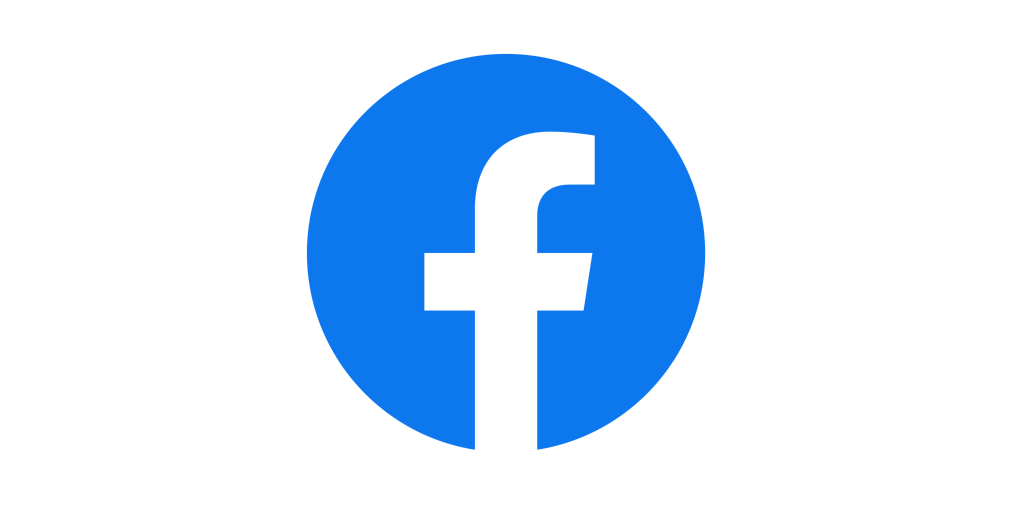Facebook is at the forefront of yet another privacy nightmare. In early April, it was discovered that over 500 million phone numbers and emails were leaked in the most recent Facebook data breach. Half a billion people now have their personal information exposed online. The data in the leak includes names, phone numbers, email addresses, passwords, birth dates, and locations.
With all of this data exposed on the internet, there is little that can be done to reverse the affects.
Cyber criminals will have a field day with the information from the breach. Victims can expect increasing volumes of spam texts, scam calls, and phishing emails.
How to Check If I Was in the Facebook Data Breach?
It is really simple to check if you were involved in this breach. The data that is being used by cyber criminals for illegal online activities is also available to security researchers. Thanks to researchers' effort, the leaked data is available for the public to check if they were involved in the breach.
Troy Hunt, a respected security expert, runs HaveIBeenPwned so that anyone can check if they were in a data breach.
To see if you were a part of the Facebook leak, go to HaveIBeenPwned and enter your email or phone number.
If you are looking up a phone number, you need to enter it in international format.
Here is a quick example. If you are in the US and your phone number is (234) 555-6789 then your phone number in international format is +12345556789. The +1 is your country code (1 for the US), followed by the area code and the rest of the phone number without spaces. Make sure to include the +.
After you enter your information on the website, HaveIBeenPwned will show you if your data was compromised in a breach.
What Should I Do If My Data Was Exposed?
If you found that you were a part of the breach you are probably wondering what you should do next. Fortunately, there are a couple easy things you can do to protect yourself.
Change Your Password
This data breach included passwords. If you were involved, you need to change your password for your Facebook account and any other accounts that use that password. As a good rule of thumb, never reuse passwords between multiple accounts. If the password of one account is leaked, all of your accounts could be accessed.
Watch for Phishing Attacks
Now that your information is out there, you are more likely to face phishing attacks. Attackers can send you emails targeting your passwords or financial information. Be on the lookout for any suspicious messages.
The Facebook data breach also includes phone numbers. There is a good chance you also encounter smishing attacks. With your phone number in hand, spammers will target you with spam texts to steal your credit card info. Avoid clicking links in texts from unknown numbers that you do not trust.
It is important to remain aware of phishing and spam. While there is not much you can do much to stop the attacks, you can protect yourself and even block some of them.
How to Stop Spam Texts
Having your phone number exposed anywhere on the internet means you are likely to experience an uptick in spam texts. In fact, the main reason why you get spam texts is that your phone number is shared online by companies and websites.
You might have even already noticed that you get more spam texts since this breach happened. Regardless if you were a part of the breach, it is easy to block spam texts.
Dont Text is a free app to block annoying spam texts. You can install Dont Text for free and start blocking spam texts in minutes. All you have to do is enable text filtering in your settings and add keywords inside the app.
Upgrade to Worry Free Filtering to skip the hassle of settings keywords. Dont Text will automatically block any spam texts you receive from this breach or anywhere else.
Download Dont Text from the App Store for free to get started. Using Dont Text is just one simple way you can protect yourself from a data breach.
